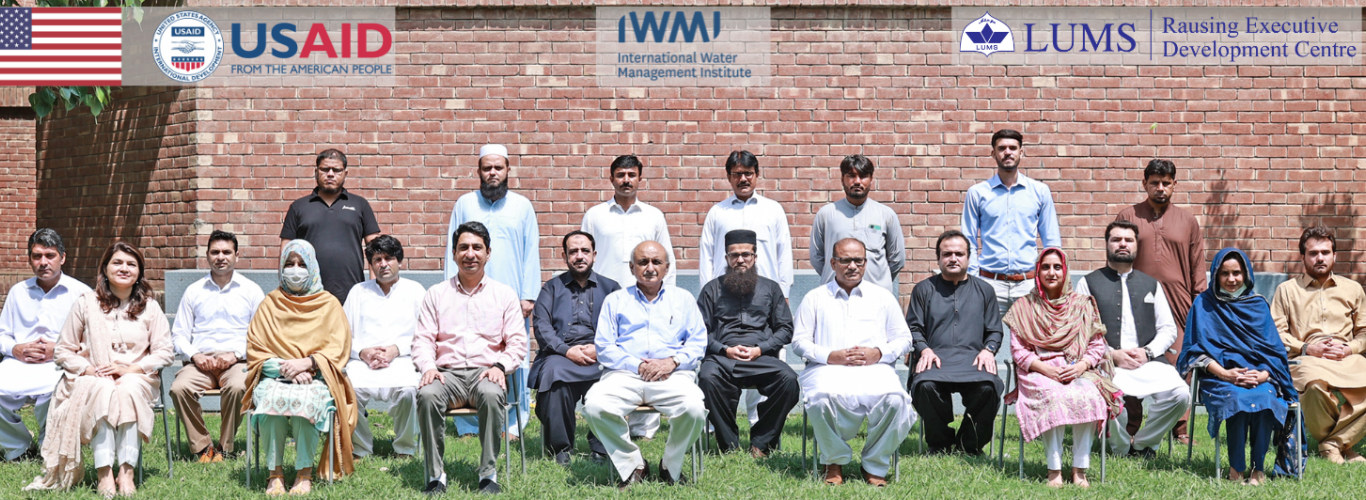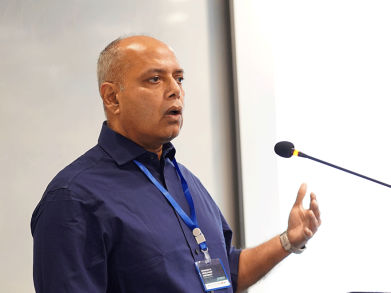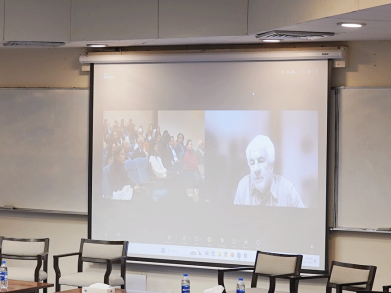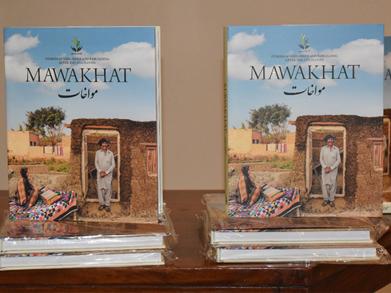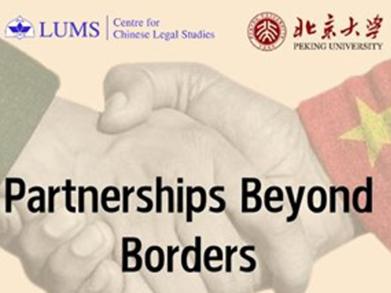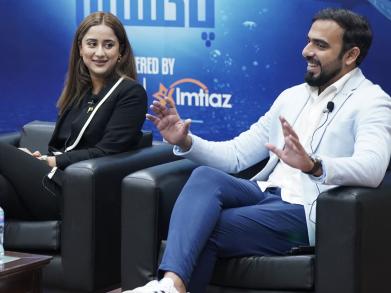REDC Hosts Programme on ‘Developing Agribusiness Value Chain’ in Collaboration with USAID
The Rausing Executive Development Centre (REDC) collaborated with USAID and its implementing partner, the Institute of Water Management for a programme, ‘Developing Agribusiness Value Chain’, for officials in the agriculture sector working with the government of Khyber Pakhtunkhwa (KP).
Designed as a highly engaging five-day intervention based at REDC’s residential facility, participants of the programme learned about the evolution of Agribusinesses across the world through case studies, simulations, and team activities to ensure participation and stimulate discussions for a better exchange of ideas.
Topics covered by the programme included issues and challenges in developing an agricultural value chain, linking supply with demand, contract farming, Agri technology, agriculture financing, new technology and innovation in agriculture, Agri entrepreneurship, sustainable agriculture, and water issues in agriculture.
To reinforce the concepts and bring in practical knowledge from experienced professionals from the field, special panels were introduced in each course section where guest speakers shared their insights and views on how to deal with anticipated future challenges to help agriculturists build influential leadership in their area of work.
“The programme imparted useful knowledge and consisted of interactive sessions and brought a host of diversified experiences under one roof,” shared Sajjad Ahmad, Gender Mainstreaming Officer, GZ-CADP.
The programme explored how agricultural transformations in a globalised marketplace are creating new challenges but also new opportunities and how they can engage more with value chain actors to develop new products and reach new markets.
Participants of the programme lauded the faculty’s area of expertise and ability to impart knowledge. “It was an excellent learning experience which transformed my understanding of the agriculture value chain. I have always heard about the excellent educational standards at LUMS, but I have experienced it now,” commented Saima Hashim, Environmental Consultant KPIAIP, ONFWM. Muhammad Nasir Jamal, CEO, Rabail Technologies shared, “It was an informative, superb training with experienced faculty at an energising pace.”
The programme’s closing ceremony was attended by Kamran Masood Niazi, Project Management Specialist at USAID who stated, “We are in the business of knowledge. From an individual’s perspective, from a country’s perspective, we should try to gain knowledge as much as possible and that is why this programme was conducted. USAID wants KP officials to have all the tools necessary to create a better province.”

